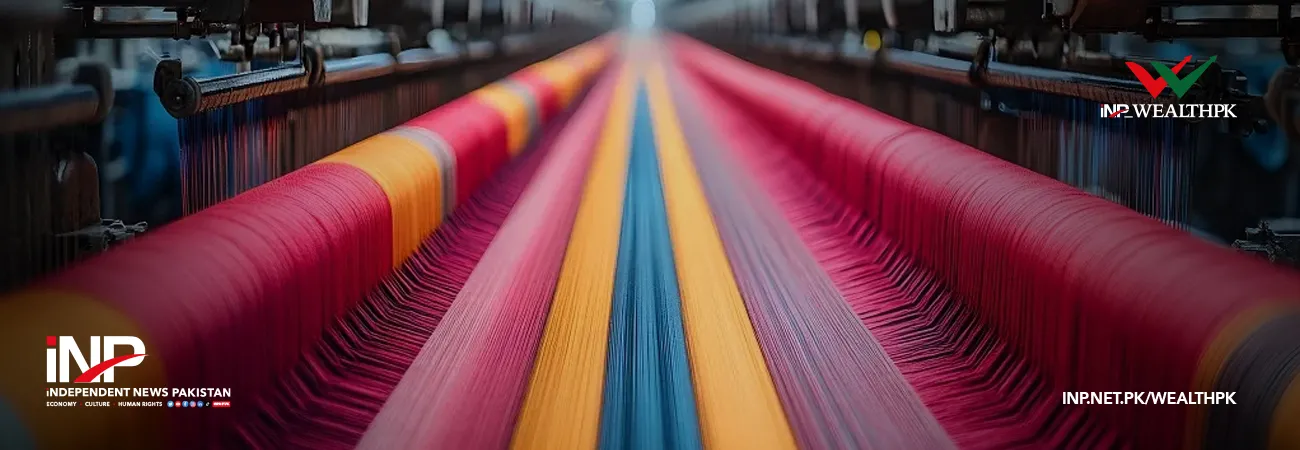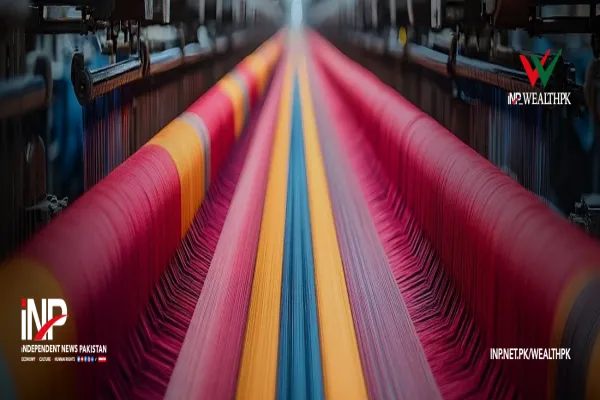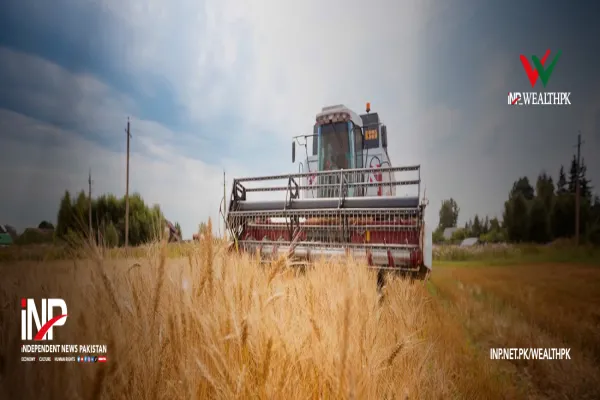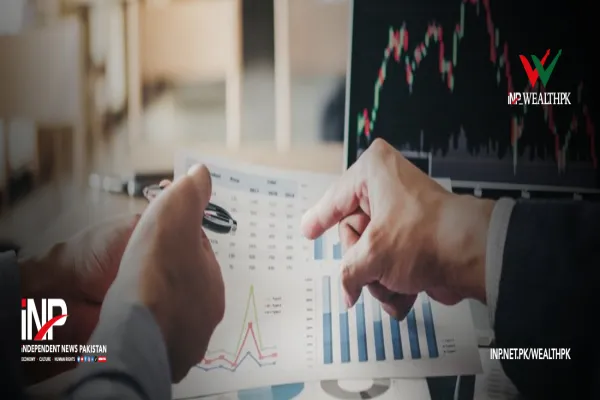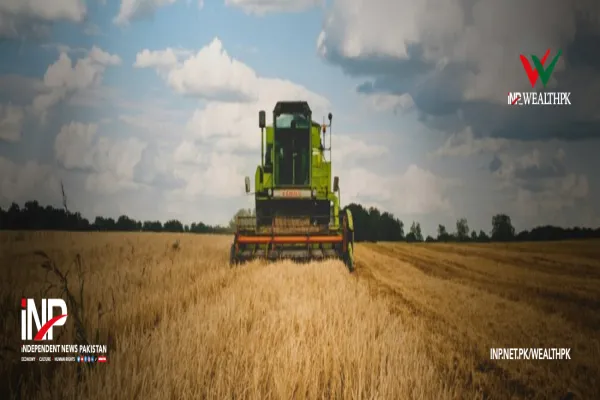i INP-WEALTHPK
Basit Ali
High upfront costs and inconsistent policies are major roadblocks to the textile sector’s push for investments in green energy to boost export competitiveness, as global buyers increasingly demand sustainable production processes. Industry experts have called for policy reforms, better infrastructure, and wider access to green certifications to enable Pakistan’s textile sector to stay globally relevant.
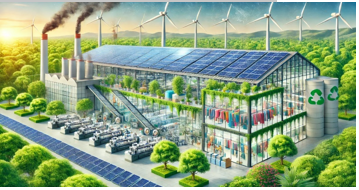
Talking to WealthPK, Muhammad Hasan Shafqaat, Chief Executive Officer of the Pakistan Textile Council (PTC), said that green investment is becoming an essential requirement for Pakistan’s textile industry to remain competitive in key export markets like the EU, UK, and the US.
He said global buyers are now under mounting pressure to reduce their carbon footprint and ensure that their suppliers comply with sustainability standards. “Going green is no longer a choice for industries involved in exports to these regions,” he added.
He explained that Pakistani textile exporters need to invest in renewable energy, water conservation, waste reduction, and other sustainability-related technologies to not only meet compliance but also to improve efficiency and reduce production costs. “Such initiatives also help in building long-term credibility with high-end international buyers,” he said.
Highlighting the broader impact, Shafqaat said that the countries that act fastest on sustainability will gain a competitive edge. He stressed that Pakistan must be part of this transition to maintain and expand its global textile market share.
Commenting on the current gaps, Shafqaat said that although investor interest exists, several key bottlenecks continue to discourage green investment. “Factories want to shift to solar or wind energy, but high upfront costs and inconsistent policies create major roadblocks,” he noted.
He said that many industrial areas lack the basic infrastructure needed for sustainable compliance, such as effluent treatment plants and proper waste management systems. “Even if one factory installs a treatment plant, it’s ineffective if others don’t; these need to be collective facilities ideally supported by the government,” he emphasised.
Regarding the importance of global sustainability certifications, Shafqaat said that standards like OEKO-TEX, BCI, and GOTS have now become basic requirements for accessing international markets. “Without them, it’s difficult to even begin discussions with major global retailers or brands,” he said.
The CEO of the Pakistan Textile Council emphasised that buyers and regulators now demand supply chain transparency. “A lack of certification means losing out to countries that are already compliant,” he warned. “But these certifications also project Pakistan as a responsible sourcing destination, attracting better buyers and long-term contracts.”
He concluded that green investment is no longer only an environmental concern but a strategic necessity. “It’s about securing our global position, maintaining exports, and ensuring long-term industrial sustainability,” he said.
To explore the private sector’s perspective on sustainability-led growth in exports, WealthPK reached out to Akbar Ali Rajwani, Manager of Responsible Business & Cotton Projects at Artistic Milliners. He said green investment can significantly enhance Pakistan’s textile export competitiveness by targeting key areas such as energy transition, process optimisation, raw material sourcing, and traceability.
He said that moving from fossil fuels to renewable sources like solar, biomass, and thermal storage can reduce the carbon footprint of production, aligning with global buyers’ emission reduction targets.
Rajwani added that introducing closed-loop water systems, zero liquid discharge (ZLD) solutions, and low-impact dyeing methods—such as foam dyeing and aniline-free indigo—not only helps conserve water but also ensures compliance with international environmental standards.
He highlighted that improving operational efficiency through automated dosing, heat recovery, and digital control systems can reduce waste, shorten lead times, and improve product consistency, all of which strengthen global cost competitiveness.
“Sustainability certifications and green branding are now essential in international markets,” he said. “Certifications like OEKO-TEX and BCI enhance buyer confidence and are often prerequisites for securing export orders in Europe and North America.”
Credit: INP-WealthPk



